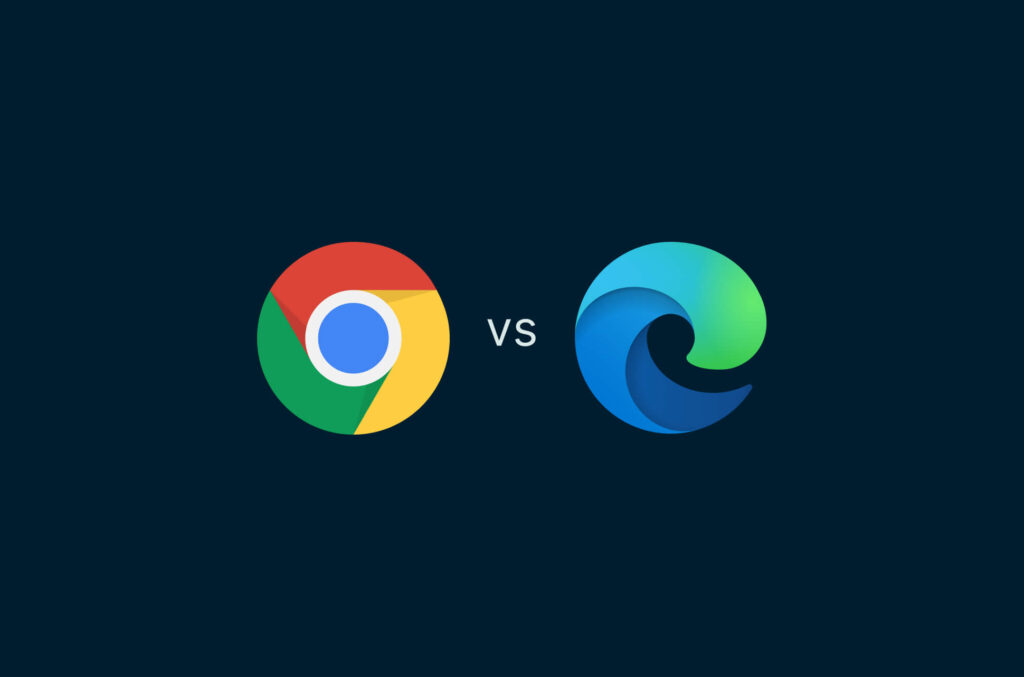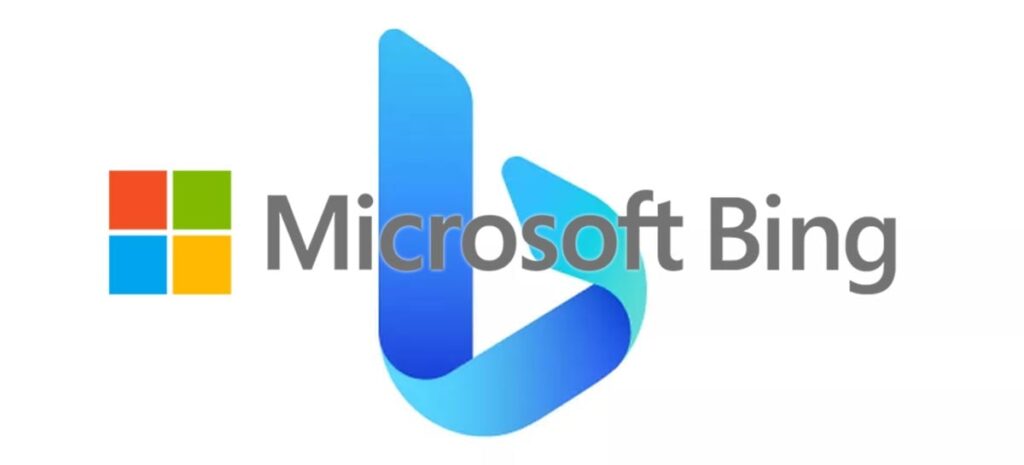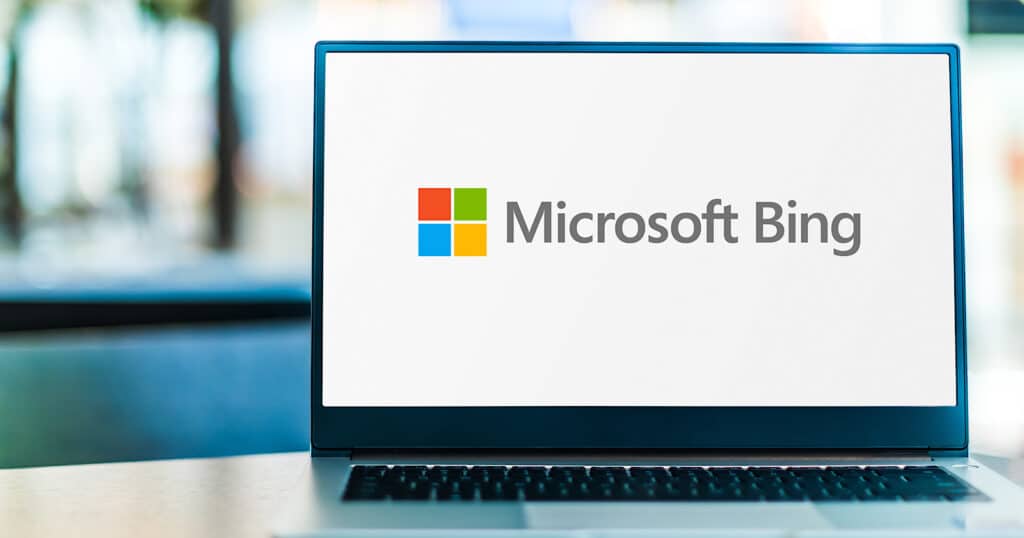When it comes to web browsing, Google Chrome is undoubtedly the king of the hill. With over 70% of the market share, Chrome is the most widely used browser globally. However, there is another giant in the tech world that has been trying to challenge Chrome’s dominance for years – Microsoft’s Bing. Despite Bing’s best efforts, it has failed to make a significant dent in Chrome’s popularity. This article will delve into the history of this never-ending rivalry and explore why Chrome remains the browser of choice for most internet users.
Contents
The Origins of the Rivalry
The rivalry between Google and Microsoft can be traced back to the early 2000s when both companies were vying for dominance in the search engine market. Google’s search engine was gaining popularity rapidly, and Microsoft was struggling to keep up with its own search engine, MSN Search. In 2009, Microsoft rebranded its search engine as Bing, but it failed to gain significant traction against Google.
Google launched Chrome in 2008, and it quickly gained popularity among internet users due to its speed, simplicity, and user-friendly interface. Chrome’s seamless integration with other Google services, such as Gmail and Google Drive, also helped it gain an edge over other browsers. In contrast, Bing struggled to attract users, primarily due to its poor search results and lack of user-friendliness. Microsoft tried to address these issues by introducing new features and redesigning the search engine, but it failed to make a dent in Google’s dominance.
The Battle for Market Share
Google’s dominance in the browser market has been so profound that it has attracted the attention of antitrust regulators worldwide. Despite this, Chrome continues to be the browser of choice for most internet users, with over 70% of the market share as of 2021. On the other hand, Bing’s market share has remained stagnant, with less than 5% of the search engine market share as of 2021. Microsoft has tried to boost Bing’s popularity by partnering with other companies, such as Yahoo and AOL, but these efforts have not yielded significant results.
Chrome’s success can be attributed to several factors. Firstly, it is a product of Google, a company that has built its reputation on providing innovative and user-friendly services. Google’s vast resources and expertise have enabled it to develop and maintain a browser that offers a seamless web browsing experience. Secondly, Chrome’s open-source nature has enabled developers to create a vast ecosystem of extensions and apps that add value to the browser. This has given Chrome an edge over other browsers, which often struggle to keep up with the pace of innovation in the tech world.
Thirdly, Chrome’s integration with other Google services, such as Gmail and Google Drive, has made it the browser of choice for people who use these services regularly. This integration has made it easy for users to access these services without having to leave the browser, making Chrome a one-stop shop for all their internet needs. Lastly, Chrome’s focus on speed and performance has been a significant selling point for users. Chrome is known for its lightning-fast performance, even when multiple tabs are open. This has made it the preferred browser for people who value speed and efficiency.
The Takeaway
Despite Bing’s struggles to gain a significant foothold in the search engine market, Microsoft has not given up on trying to challenge Google’s dominance. In 2021, Microsoft launched a new version of Bing called Microsoft Bing, which it claims offers a better search experience than its predecessor. Microsoft has also focused on improving Bing’s integration with other Microsoft products, such as Windows and Office, on making it more workable.




